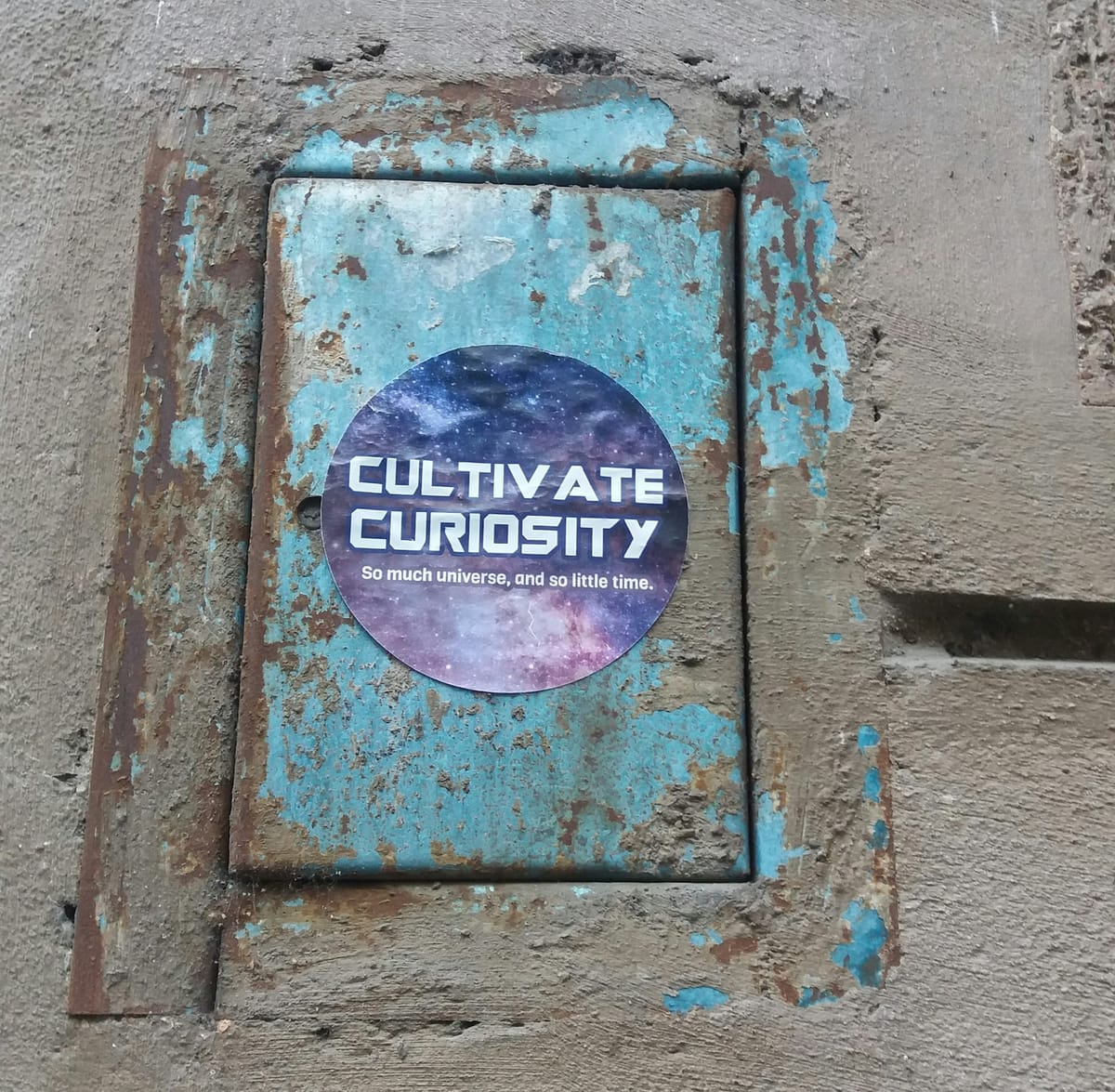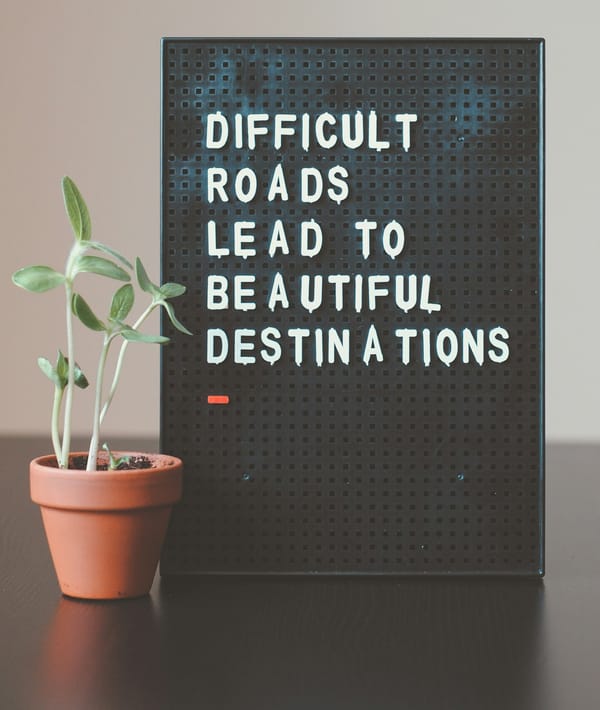Why Curious Leaders Are the Most Accountable

I recently had a conversation with someone I’ve worked with for over two decades. In the middle of our chat, a question popped into my head, almost out of nowhere.
“Have we ever had an argument or even a heated exchange?” I asked.
He paused, thinking it over for a moment, then replied, “Not that I can remember.”
That gave me pause, too. How is it possible that in 20+ years of working closely together, neither of us could recall a single moment of serious conflict or frustration?
At first, I chalked it up to mutual respect. We share the same work ethic. Our values are as aligned as two people could hope for. And there’s a noticeable absence of ego in our relationship; neither of us craves the spotlight.
But as I dug deeper, something else stood out.
We’re both deeply curious people.
It shows up constantly in our conversations. When one of us says something the other doesn’t immediately understand, or even disagrees with, the default response isn’t defensiveness. It’s curiosity.
Why don’t I see it the way he does?
What am I missing?
Can you explain that a little more?
No shouting. No finger-pointing. Just a shared desire to understand, to learn, to seek clarity. And when one of us is wrong, there’s no hesitation to say, “Ah, I see it now,” and adjust course.
That’s when it hit me: Curiosity doesn’t just help avoid conflict; it cultivates accountability.
Because when you're truly curious, you’re not trying to win an argument. You're not busy protecting your image. You're not reacting emotionally or lashing out. You’re turning inward and asking better questions. You're taking responsibility not just for the outcomes but for your understanding of the situation.
I’ve noticed this same trait in many of the great leaders I admire. The best of them don’t deflect blame or throw others under the bus when things go sideways. They look inward. They ask hard questions. They want to understand what went wrong and how they contributed to it.
That’s what accountability looks like- not a burden, but a mindset. And curiosity is what unlocks it.
Curiosity Is the Antidote to Ego
Accountability becomes hard when ego gets in the way.
Let’s be honest; none of us like being wrong. It’s uncomfortable. It can feel like a threat to our competence, our authority, or even our worth. But curiosity softens that edge. It turns mistakes into learning moments instead of personal failures.
Curious leaders ask:
- “What part did I play in this?”
- “What blind spots might I have here?”
- “What could I have done differently to change the outcome?”
Instead of rushing to justify their actions or explain things away, they slow down. They listen. They reflect. And in doing so, they create space for growth, not just for themselves but for everyone around them.
Curiosity Builds a Culture of Ownership
The ripple effect of a curious leader is powerful.
When leaders model curiosity in moments of tension or failure, it creates psychological safety for others to do the same. Teams stop hiding mistakes and start surfacing insights. People begin asking better questions. Accountability becomes a shared value, not just a top-down expectation.
I've seen it in teams I've led and teams I've worked alongside. When curiosity is present, blame fades. When curiosity is absent, fear creeps in.
If you're a leader who wants your people to own their outcomes, show them what that looks like. Start by owning yours. Let them see you asking the hard questions, not just of others but of yourself.
How to Practice Curiosity in the Moment
Here are a few prompts I come back to when I feel myself getting reactive or defensive:
- What’s the story I’m telling myself right now? Is it true?
- What might this person know or see that I don’t?
- Am I trying to be right or trying to understand?
- If this were entirely my fault, what would I learn from it?
It’s not always easy. Curiosity requires slowing down. It takes humility. But it leads to better decisions, stronger relationships, and deeper integrity.
Closing Thought
At the heart of accountability is a willingness to look inward. Ask instead of assume. Seek understanding instead of control.
Curiosity is the door that opens that inward journey.
So, if you’re leading a team, a company, or even just yourself, don’t be afraid to ask the question behind the question. Don't be afraid to not have the answer. Be willing to wonder out loud.
The most accountable leaders aren’t the ones who are always right.
They’re the ones who are always willing to learn.
✅ Your Turn
What’s one situation you’re facing right now where curiosity could shift your perspective?
Try this: Instead of making a statement today, ask a question.
And if you’re enjoying reflections like these, I’d love to have you join the Cogs and Consciousness community. You’ll get fresh insights every week about leadership, growth, storytelling, and what it means to live and lead with your heart.
👉 Subscribe here for free and be part of the conversation.




